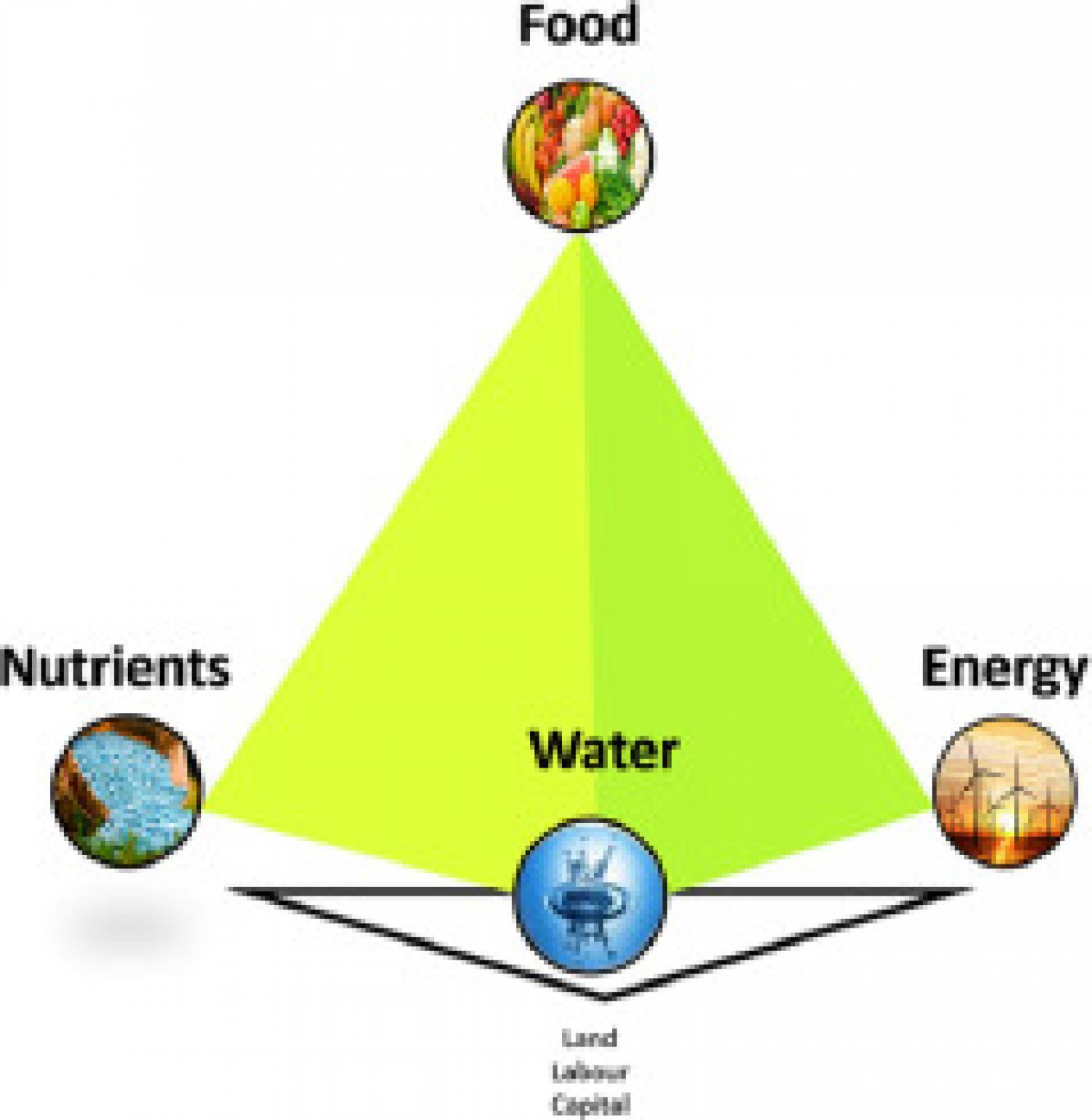
Urban agriculture is booming. During case study Water-Energy-Food nexus research at urban farms, investigation indicated two types of ‘food’ to be relevant for urban agriculture. Consequently, the ‘food’-component in the WEF nexus is split, which leads to a Water-Energy-Nutrients-Food (WENF) nexus framework for urban farming.
This systematic WENF nexus monitoring, analysis and evaluation framework aims to facilitate acquisition of quality data during case study research at farming sites, in order to fill the quantitative data gap regarding urban agriculture and closed circularity loops. Stocks of various types of water, energy, nutrients and food are differentiated and flows within each described. Subsequently, multi-sectoral flows between the four main resource stocks and their interactions and interdependencies are identified with the aim of formulating options for circularity in urban farming. The analysis shows that urban systems offer many opportunities for the realisation of sustainable agriculture in cities because waste management and farming could mutually reinforce each other. Local reuse of resources found in urban “waste” has the potential to reduce stormwater nuisances, energy needs for water, nutrient and food transport, irrigation, and wastewater pumping while eliminating the need for synthetic soil improvement and unsustainable mineral mining. All in all, reusing resources from urban (waste)waters in urban farming initiatives can reduce the negative impact of food production on the environment.
